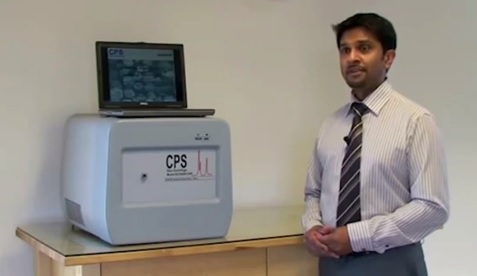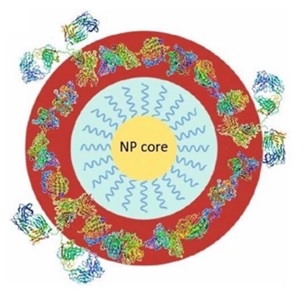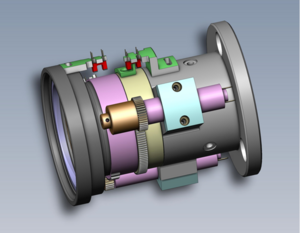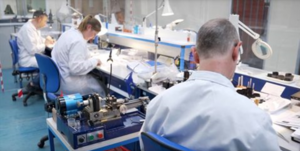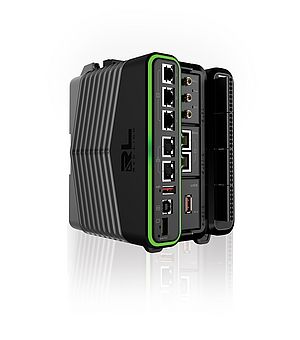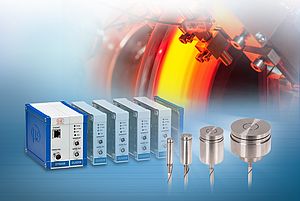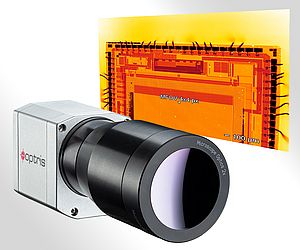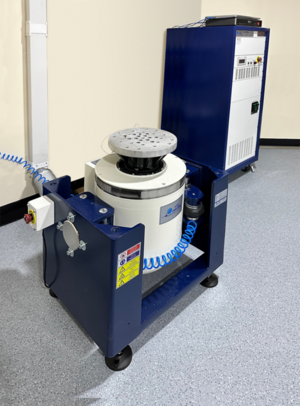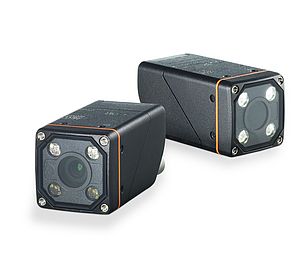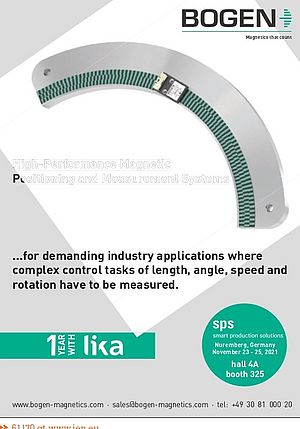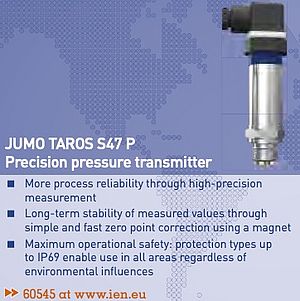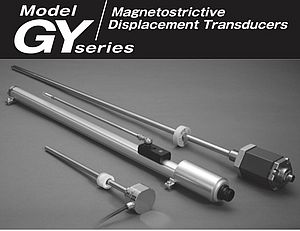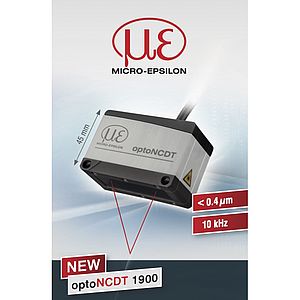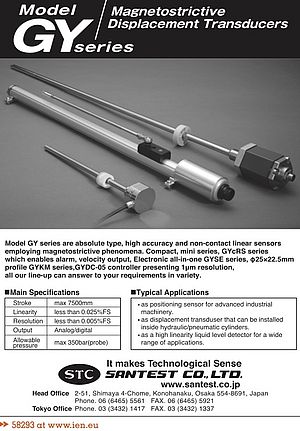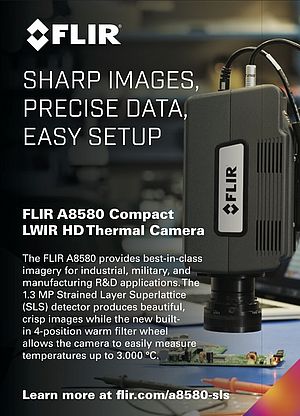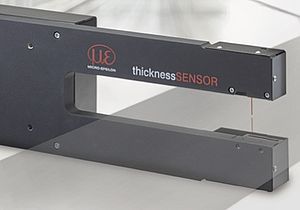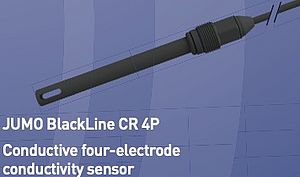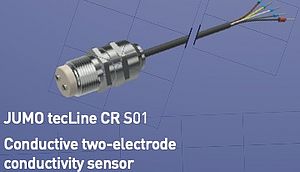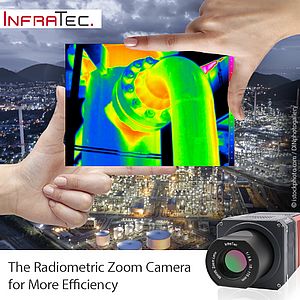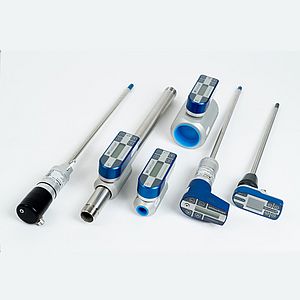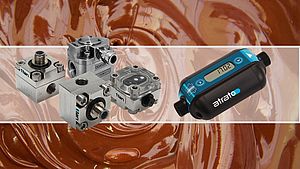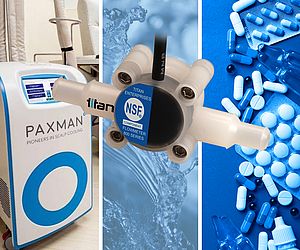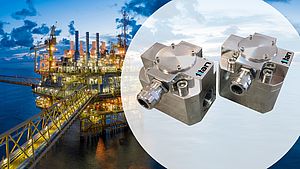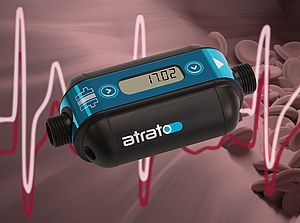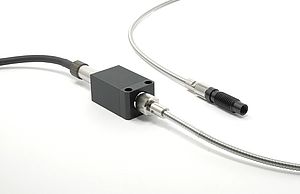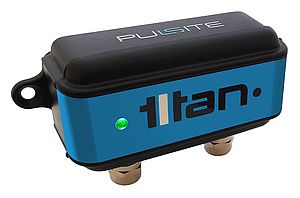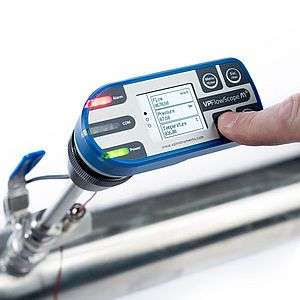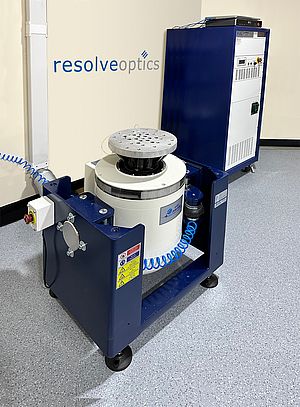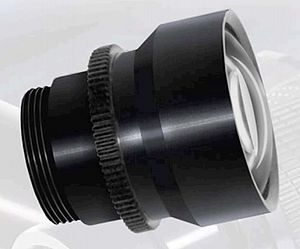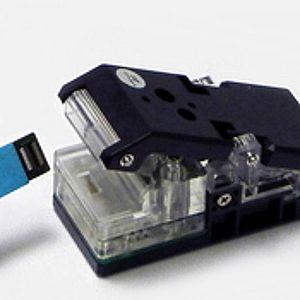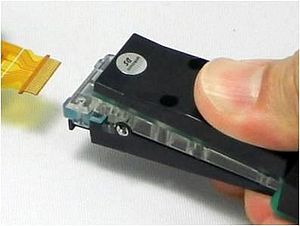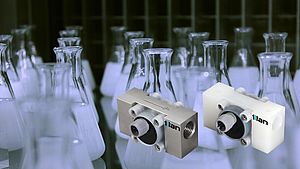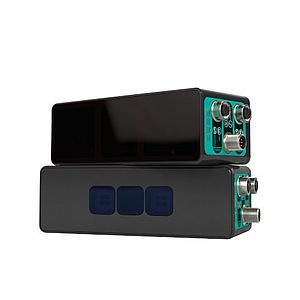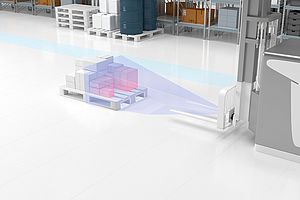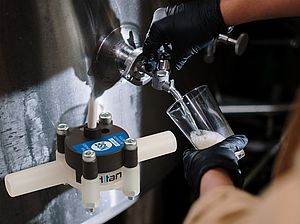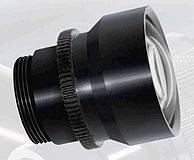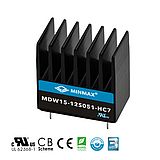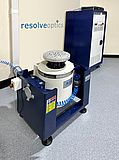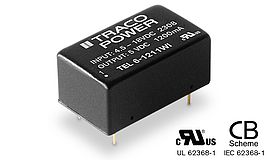Analytik Ltd reported how researchers from the University College Dublin, the University of Salford and the Royal College of Surgeons have employed a DC24000 ultra-high resolution particle size analyzer for the physicochemical characterization of small nanoparticles, particularly for the analysis of the particles in the presence of complex biological fluids.
An important advance for nanomedicine which is increasingly interested in nanoparticles with a diameter of 5 nm or less
These nanomaterials allow for better tissue penetration, less accumulation in the liver and more efficient renal clearance to reduce non-specific accumulation and off-target effects than larger particles.
If small nanoparticles have been currently so little exploited, it is because of their physicochemical characterization remained difficult. The techniques commonly used for the characterization of small nanoparticles after bioconjugation, such as Dynamic Light Scattering (DLS) and Nanoparticle Tracking Analysis (NTA), struggle in analyzing these difficult materials, mainly because of their detection limits. For other techniques, such as Fluorescence Correlation Spectroscopy (FCS) or Agarose Gel Electrophoresis (AGE), it is the specific properties of the particles that are problematic, such as fluorescence, which makes it impossible to apply to all types of nanoparticles.
A high resolution particle characterization enabled by the DCS24000
Using proprietary Differential Centrifugal Sedimentation (DCS) technology, the DC24000 analyzer enables high-resolution particle characterization, particularly in the size range of 0.002 microns (2nm) to 10 microns. Its ability to resolve very narrow multimodal particle distributions and to distinguish minute variations and changes in particle size make DCS an increasingly valuable particle sizing technique for nanomedicine applications.
Researchers at Salford have shown how differential centrifugal sedimentation can serve as a high-precision tool for the reliable characterization of functional nanoparticles of different materials. According to their research, a method under development would allow to correlate the change in sedimentation with the adsorption of polymers and biomolecules on the surface of nanoparticles, thus confirming the core-shell model they have developed.


